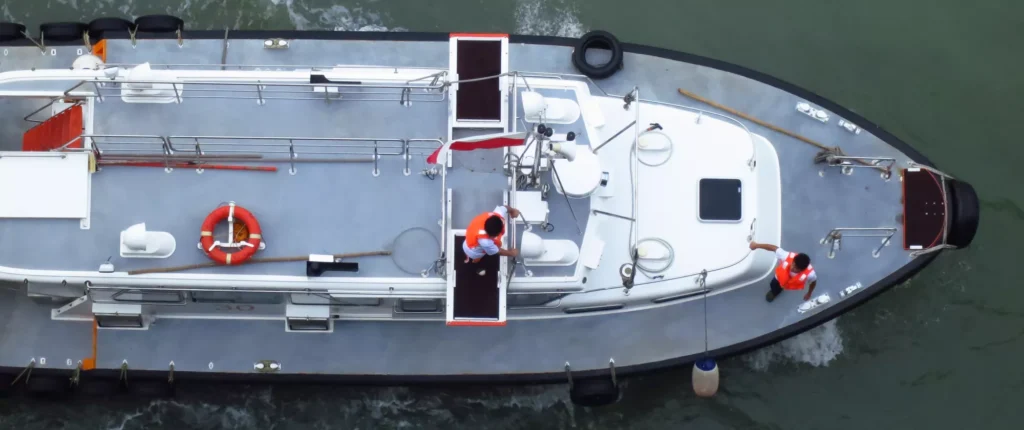The Subcommittee on Wages of Seafarers of the Joint Maritime Commission (JMC) met in Geneva from 14 to 15 April 2025 to discuss the update of the minimum monthly basic wage for able seafarers, as referenced in the Maritime Labour Convention, 2006 (MLC, 2006), as amended.
During the meeting, the Subcommittee reviewed reports prepared by the International Labour Office, assessing the proposed adjustments to the wage figure in light of Guideline B2.2 of the Convention, and in particular, Guideline B2.2.4, which states that the minimum wage should correspond to no more than 48 hours of work per week.
It was noted that, in past sessions, the agreed wage figure has often exceeded the value suggested by the formula, due to the consideration of broader economic and social factors.
The Subcommittee reaffirmed that the primary purpose of setting a minimum monthly basic wage for able seafarers is to:
- uphold the international minimum standards established by the Convention,
- support the provision of decent work for seafarers, and
- provide a credible and transparent benchmark for wage-setting across the maritime industry.
The Subcommittee also reiterated its commitment to the role of the Joint Maritime Commission as a central forum for tripartite dialogue and policy coordination within the shipping sector.
New Minimum Wage Levels Announced
In the resolution adopted during the meeting, the Subcommittee agreed on the following points:
- The current mechanism, including the wage calculation formula established in the resolution adopted at the 26th Session of the JMC (October 1991), shall remain in force until an alternative is formally agreed.
- New wage levels have been set as follows:
- US$690 effective 1 January 2026
- US$704 effective 1 January 2027
- US$715 effective 1 January 2028
- The figure of US$707 (valid as of 1 January 2025) shall be used as the basis for recalculation and discussion at the next Subcommittee meeting.
- In light of differing views between the Shipowners’ Group and the Seafarers’ Group regarding the method of recalculation, the Subcommittee agreed to review the recalculation basis prior to the next meeting. The aim is to agree on the most appropriate approach to be adopted going forward.
- It was clarified that the agreed minimum wage figure does not limit the scope for collective bargaining or the adoption of higher wage levels through other international mechanisms.
- The Subcommittee invited the ILO Governing Body to schedule the next session in the first half of 2028, with the purpose of reviewing the wage figure to take effect as of 1 January 2029, and to continue this review process every two years thereafter.

